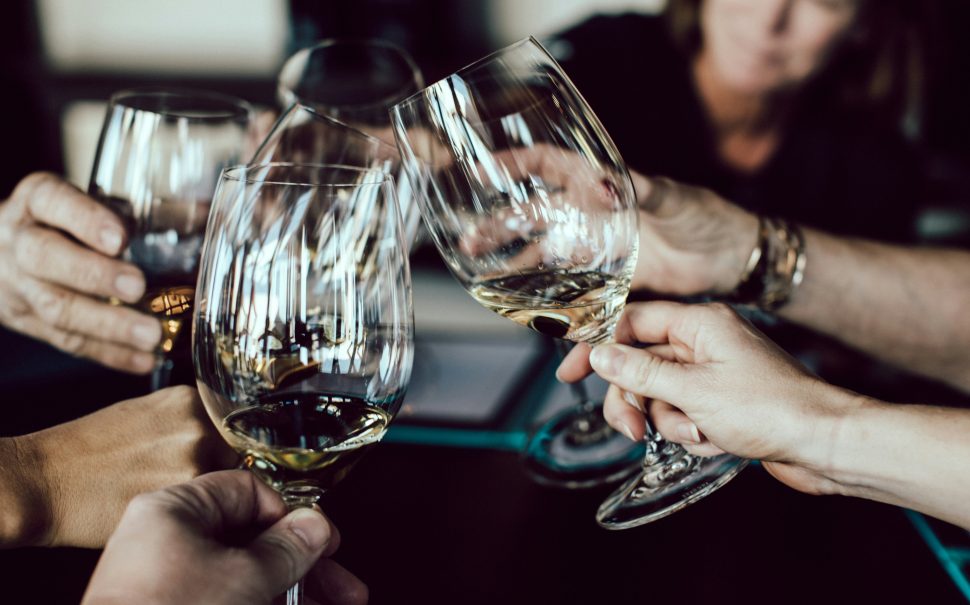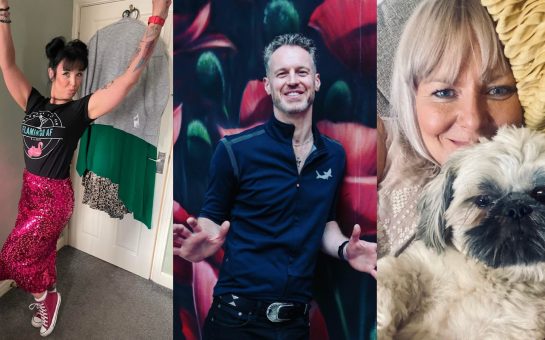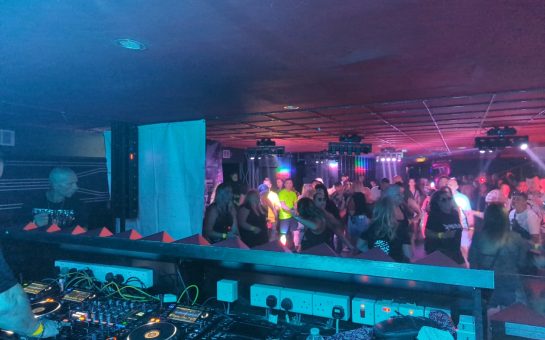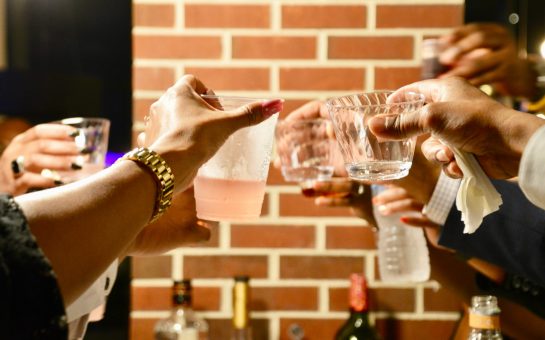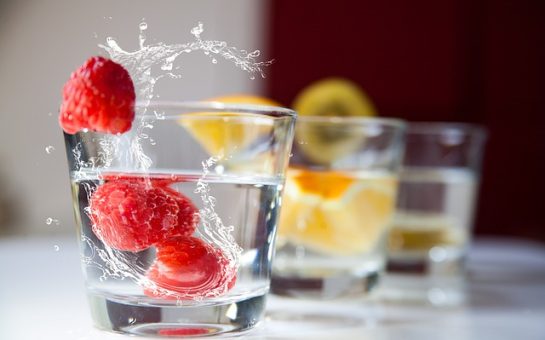“Don’t mind the girl on the sofa,” were the words I woke up to on November 1st, “it was Halloween.”
The girl speaking, my friend, was letting an engineer in the house to fix the boiler and the girl on the sofa, me, was wearing a full cat-woman costume, last night’s makeup, and a sizeable hangover.
Like many 20-year-old students, I had gone out to celebrate the night, drank far too much, fallen asleep on the sofa and – after recieving a video of myself snoring to the backdrop of drunken 2 AM conversation – found myself uttering the famous words “I’m never drinking again”.
Maybe never was a bit strong, but I gave it a good month.
Here is how my sober month went, what I learnt and how you can tackle Dry January.
What is Dry January?
Dry January was created in 2013 by the charity Alcohol Change UK, encouraging people to have a break from the booze after the festive period and think about their relationship with alcohol.
The sober month phenomenon is like marmite; people either love the side effects of better sleep, weight loss and overall recovery, or loathe participants for harming the pubs, and for simply being boring.
Dr Richard Piper, CEO at Alcohol Change UK said: “There is a growing recognition of alcohol’s impact on our health, wellbeing and quality of life – from headaches, sleepless nights and feeling ‘off’ the next day, to high blood pressure, anxiety, and cancer.
“As these wide-ranging impacts affect so many of us, the New Year offers all of us an opportunity to set our goals for the 12 months ahead and, increasingly for many, that includes a desire to improve our relationship with alcohol.
“Being alcohol-free for 31 days shows us that alcohol doesn’t need to take centre-stage for us to have fun, relax or socialise.”
That is exactly why I wanted to try the challenge, as I realised that, like many students, alcohol had become a focal point of my social life.
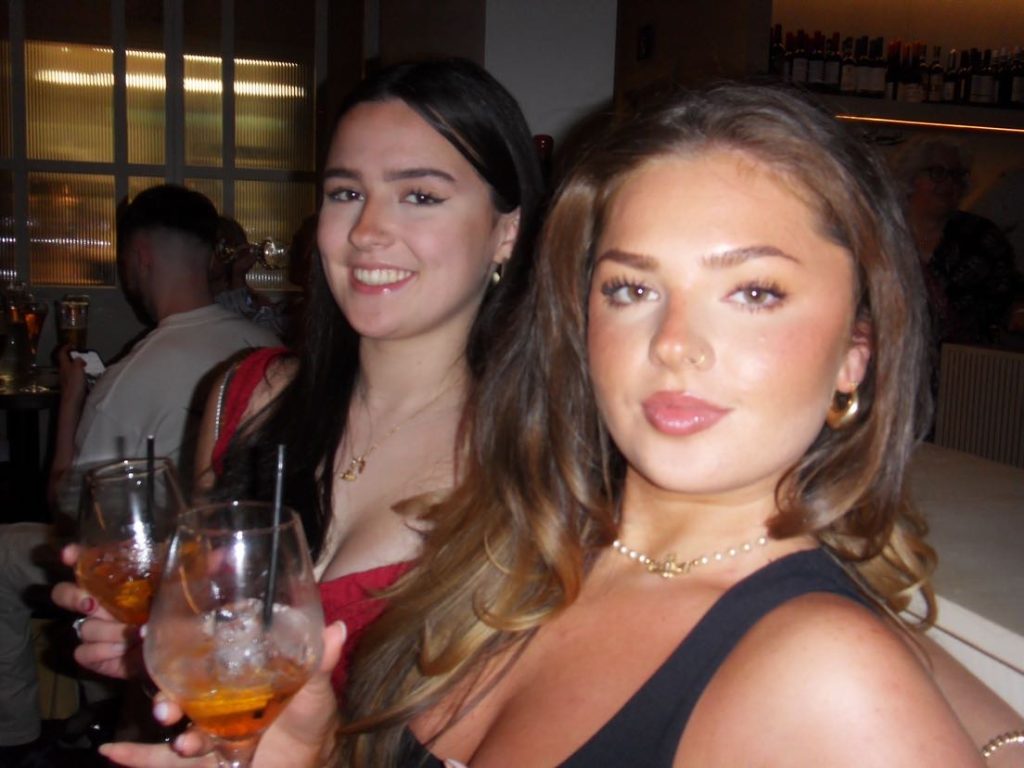
My booze break
I work in a pub in Oldham and often turn up to my weekend shifts hungover much to my pub regulars’ amusement, so when i justified my choice by saying “I don’t drink that much” you can imagine the responses I heard.
But the truth is I don’t.
I have a rule (most of the time) to only drink on weekends so I saw this challenge as four weekends as a social recluse, to which I was pleasantly surprised.
The first weekend was quiet, a Chinese at my friend’s house and a chill movie night, and waking up on a Sunday without a hangover was a refreshing change.
I went to work with a pep in my step and a rather smug “told you so” to everyone who thought I would crumble my first sober Saturday since the start of the year.
That’s when I was met with questions like “you didn’t drink? are you pregnant?” and “are you trying to lose weight?”, with some customers even betting with each other about how long I would last as if I was some sort of alcoholic.
But that is drinking culture, especially in areas like Greater Manchester.
I’ve spent 20 years of my life growing up in Oldham, an area which locals will tell you once had the most amount of pubs in a UK town and – according to experts at the websites Stag weekends and Hen weekends – was crowned 7th best place in the UK for a night out with 49 pubs per ten square miles in 2022.
The previous year, data from Public Health England showed that nine of Greater Manchester’s ten boroughs have a higher record of alcohol related deaths than the national average and the rate of admissions for alcohol-specific conditions sat at 53% higher around here than the England average.
I have to admit this attitude must have subconsciously rubbed off on me as I will go to the pub to be social and see friends – only to wake up the next morning having taken it slightly too far.
According to Dr Catherine Carney, Psychiatrist at Delamere Rehab Clinic, ‘social drinking’ is a prominent issue in the UK which can soon escalate to dependency.
She said: “Social drinking often leads to binge-drinking behaviour in which the UK is world-leading in this dangerous past-time.
“The UK has an alcohol problem and, near Christmas and New Year, we see a sharp rise in ‘social’ drinking.
“For many, who are able to set and stick to boundaries, this may not lead to immediate and serious drinking problems, but the festive period is a time where we see more escalations and relapses.”
For many people, following the festive period with a month-long alcohol cleanse feels necessary, as Dry January doubled in popularity from 2019 to 2024, with 8.5 million people last year trying the sober month according to Alcohol Change UK.
A sober night out?
Many times, I’ve stepped into my local bar on a Saturday night in a tipsy state and found myself intimidated by the swarms of lairy drunks, saying the words “I’m too sober for this” to my friends.
In fact, feeling too sober seems to be the reasoning most of my social circle use when we’re not enjoying a night out as much as usual.
This isn’t just when I’m socialising, in work I often find myself irritated by drunk people, storming around like some sort of disgruntled taxi driver doing a 3am run, when after a few I act just the same as them.
So, when I entered the same local bar completely sober on a saturday night mid month, I was expecting a night of hell and social awkwardness, to my surprise it was everything but.
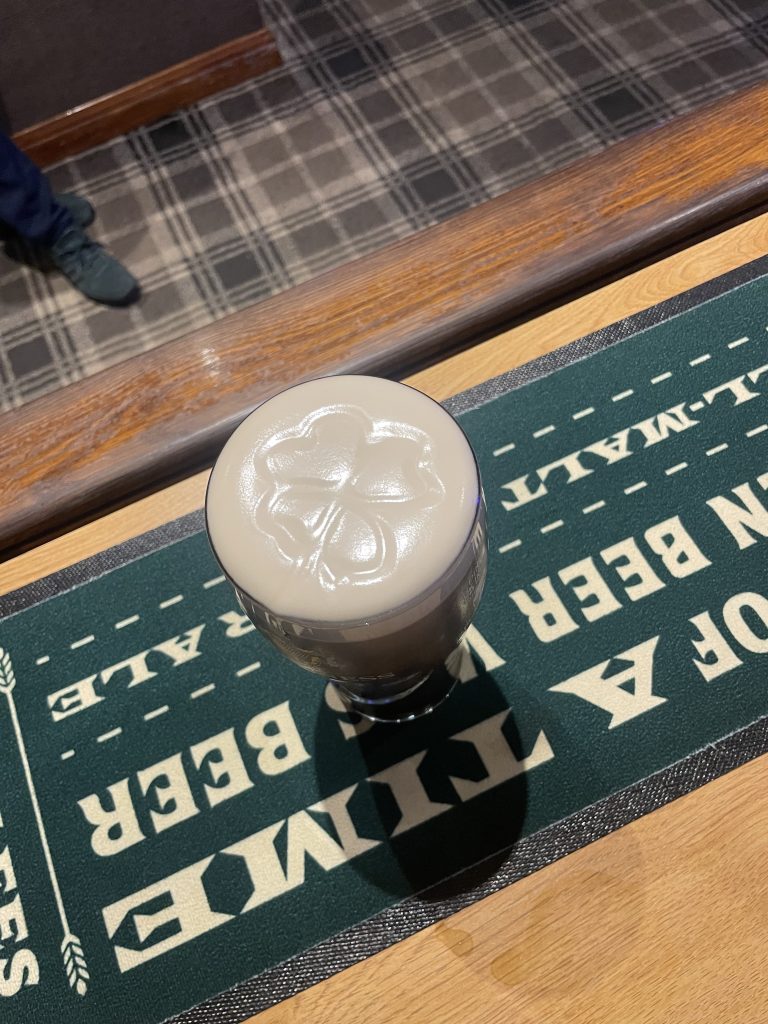
I realised that I could enjoy a night fuelled by caffeine and 0% gin despite many of my peers being obliterated around me and I didn’t have to hide behind a mask of alcohol.
In fact, it felt quite refreshing to be the one laughing instead of the one being laughed at, and I managed to stay out until 4am dancing – something I thought would be unachievable without the help of pinot grigio.
Throughout the night I tried a range of different non-alcoholic alternatives, starting with a Heineken 0% lager (pre-drinks some may call it) and ending with a Whitley Neil 0% rhubarb and ginger gin.
Everyone I spoke to was in complete shock asking me how I was out, with one friend saying and I quote “she’s a raging p*** head I can’t believe she’s sober”.
I woke up the next day feeling revived and, despite a lack of sleep, was glad not to be experiencing my usual state of hangxiety (an alcohol fuelled state of crippling anxiety).
What I learnt from my sober month
Overall, throughout my month I noticed increased productivity with no hangover to blame and found that my sleeping routines had improved, as someone who struggles to get more than a few hours sleep after a night out.
I went on dates, meals with my friends, and celebrated my brother’s birthday without nasty repercussions the next day, if I had told myself this at the height of summer I would have been in a state of shock.
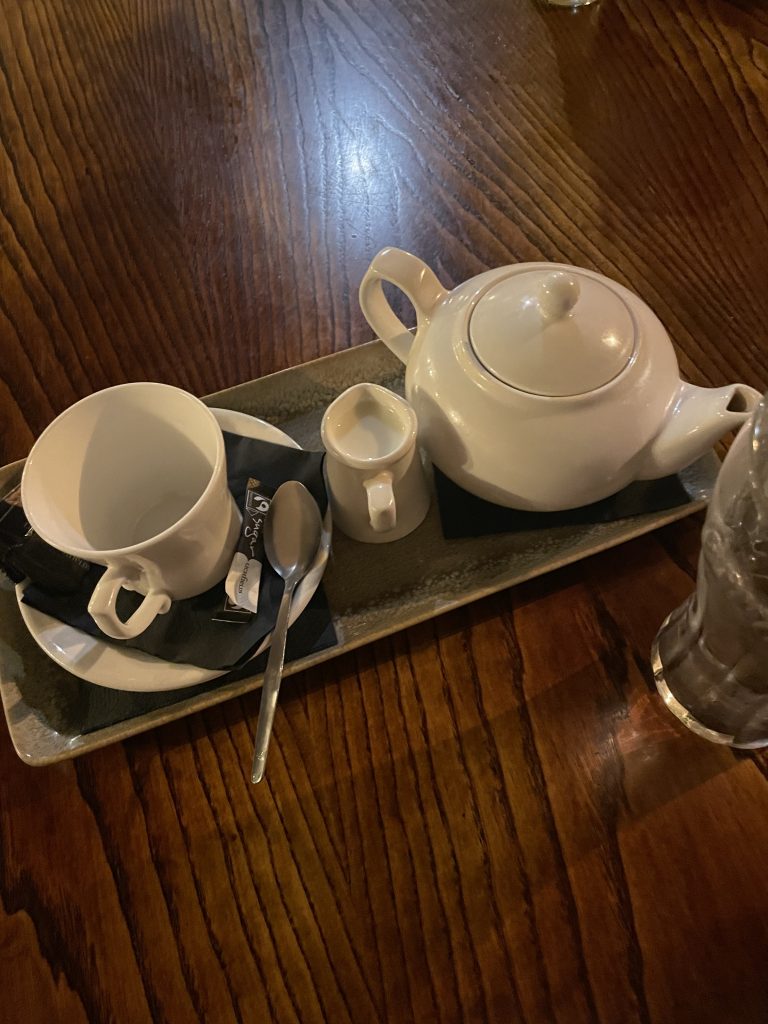
But I wasn’t alone in my teetotalism, with more shops stocking alcohol free alternatives and the ‘sober curious’ movement, a crusade to shift people’s focus away from alcohol, gaining popularity amongst young people.
According to a 2024 study by Drinkaware, one in four people aged 18-24 do not drink, a rate twice as high as their parent’s generation, and the number of adults buying alcohol free drinks has doubled since 2018.
This post-pandemic shift is due to many factors, with the main being that drinking is more expensive, and Gen Z are clued up about the health risks.
My biggest take away from this month is not a physical one, its not about how many pounds I lost or pennies I saved, but more about people’s perspectives around alcohol.
I learnt the most from the way people spoke about my abstinence, with 20-year-old students and 70-year-old pub regulars united in their confusion as to why I would not want a drink.
To step out of the bubble and gather a holistic view of drinking culture made me realise that the way people talk about needing a drink, or not being able to socialise without it is a dangerous thing that can soon spiral to dependence and abuse.
Will I return to alcohol? Of course, but this break taught me that I don’t need it to enjoy my night.
How you can tackle Dry January
In my experience, I would suggest trying 0% alcohol options when socialising instead of regular soft drinks, at meals out it made me feel more like I was treating myself and less like a 12-year-old girl who had just graduated from the kid’s table.
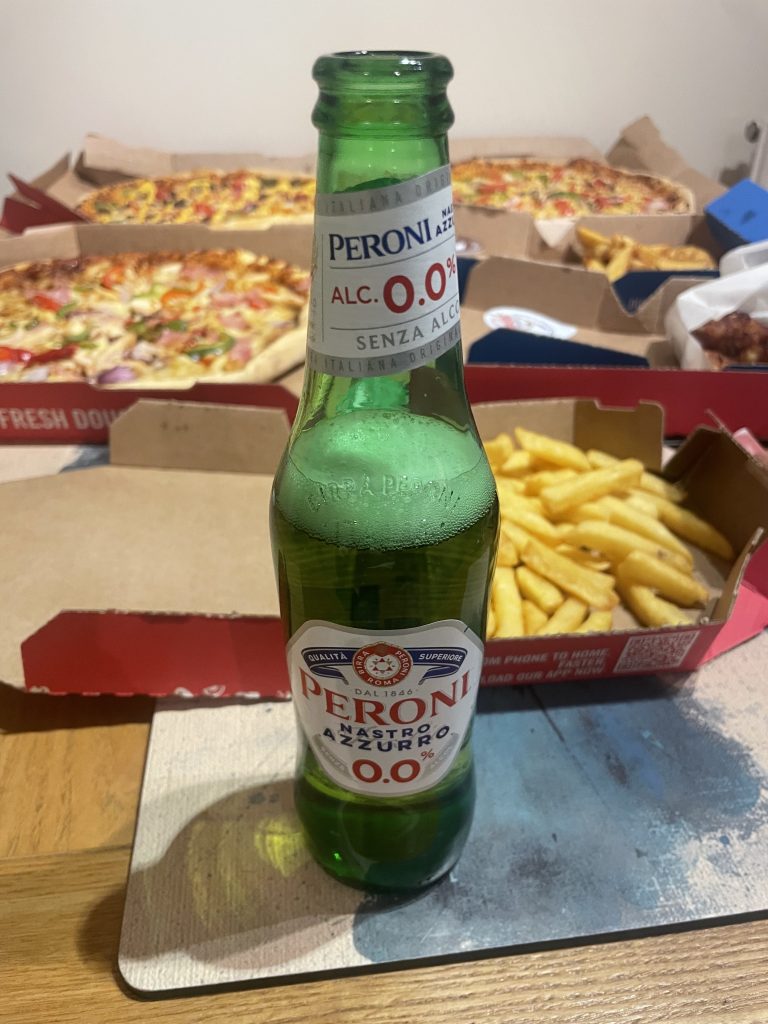
Resisting the urge to self-hibernate also helped, go out with people that are drinking and enjoy yourself, being sober is not an excuse to be a hermit.
Try a range of activities, I went on a mini golf date and trips to the cinema instead of the local pub, this kept me looking forward to the weekend without the thought of an Aperol Spritz.
To stay motivated, talk to others trying the challenge or download Alcohol Change’s Try Dry app, which helps you track your progress and earn badges for alcohol free achievements.
Main image by Scott Warman on Unsplash
